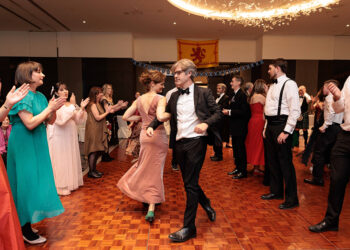On the evening of September 8th, as the last traces of daylight slipped behind the facades of Rustaveli Avenue, the Tbilisi Opera and Ballet Theater—already a palimpsest of imperial grandeur and national longing—opened its doors to a new chapter in Georgia’s cultural story. The launch of the MESMA Foundation, an initiative born out of the Intellectual Property Owners Association (IPOA), was framed less as a ceremony than as a dramaturgical performance in its own right. The house was full, the anticipation palpable, and the air heavy with the suggestion that this was not simply another gala but a declaration of intent about the future of Georgian culture.
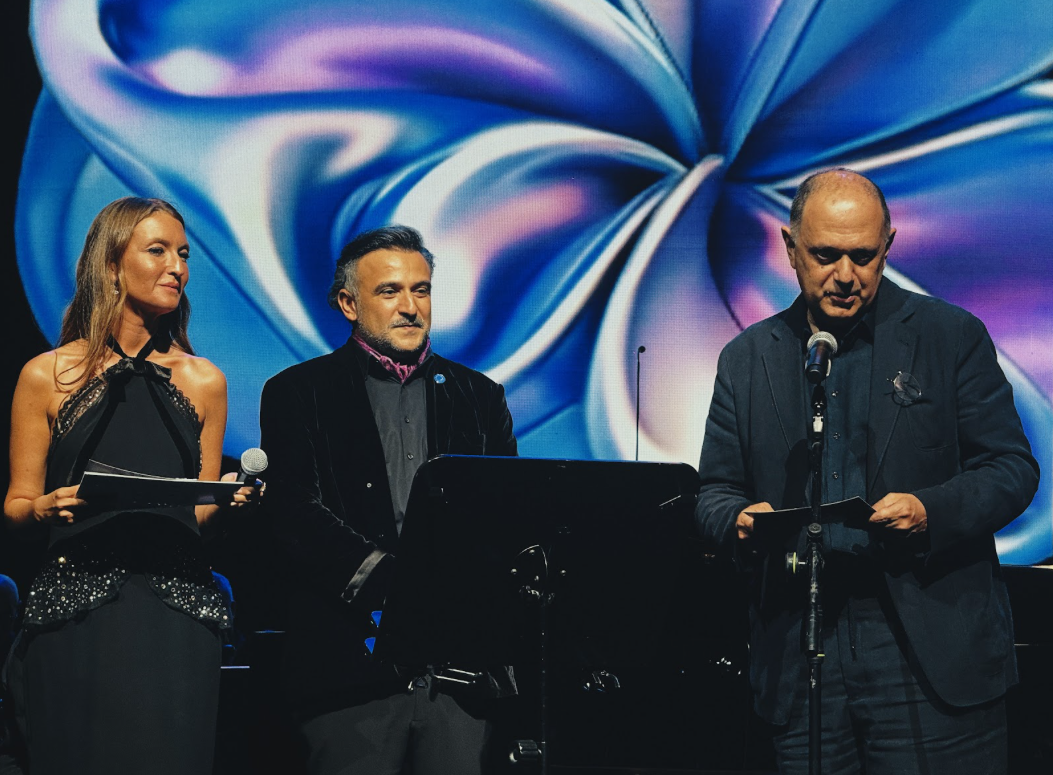
The evening’s director, David Sakvarelidze, approached the event as if it were a staging of a new opera rather than the presentation of an institution. His vision was bold: the very architecture of the evening was constructed on contrasts between past and present, between ceremony and intimacy, between institutional gravitas and emotional release. Cameras caught the laureates and artists as they entered not from the wings but directly from the square in front of the theatre. They walked through the crowd and into the hall under the gaze of thousands—spectators, journalists, fellow musicians—who applauded not just their arrival but their mirrored image projected in real time. For a fleeting moment, the ceremony felt like a hall of mirrors: the city watching itself, the theatre transformed into a civic square, art folding back into the public sphere.
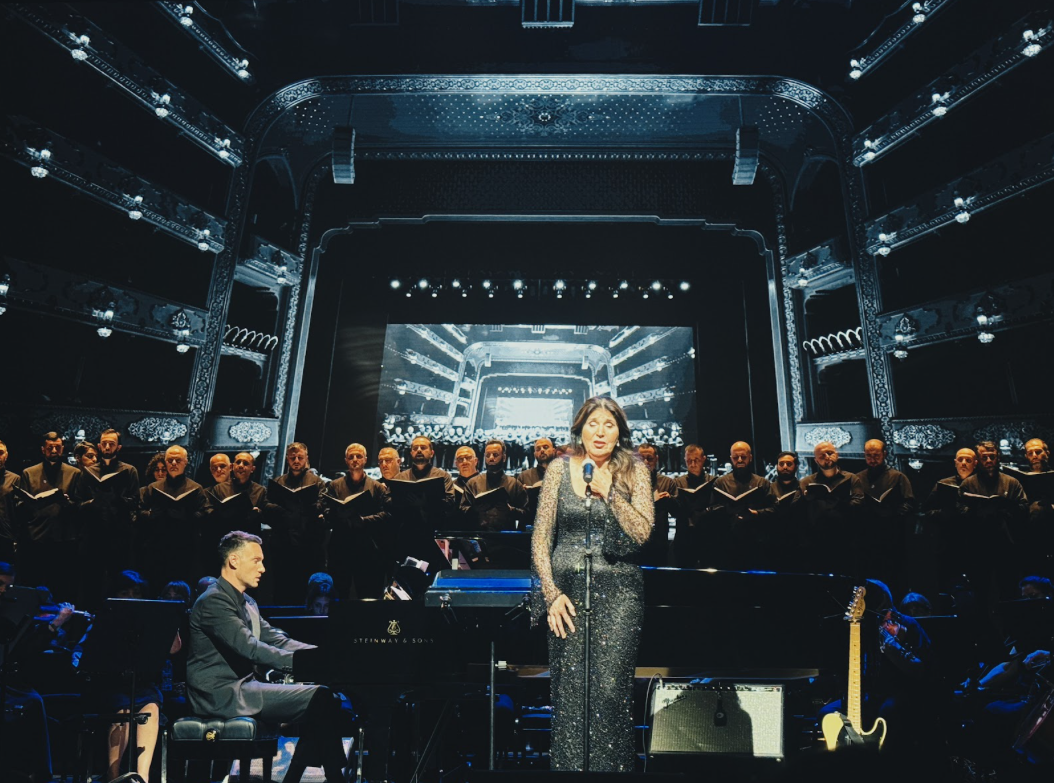
Inside, the program was assembled with the meticulousness of a musical score. Sakvarelidze and musical director Nika Nikvashvili ensured that every number, every transition, carried dramaturgical weight. This was not a series of disjointed acts but a carefully constructed arc. The participation of the Trinity Choir (Sameba) gave the evening a sacred undertone, reminding the audience that Georgian polyphony carries within it both the fragility of oral tradition and the solemnity of spiritual practice. Their choral presence anchored the evening in something that felt older than the theater itself, a resonance that stretched back into centuries of liturgical and folk sound.
The foundation’s ethos—supporting young talent through scholarships, bridging artistic generations, creating new channels for collaboration—was embodied on stage. Students of the Tbilisi State Academy of Arts and musicians returning from Italy or elsewhere in Europe shared the stage with veterans of the Georgian cultural pantheon. This choreography of generations was perhaps the most significant gesture of the night: the recognition that cultural continuity is never automatic but must be staged, re-staged, and made visible.
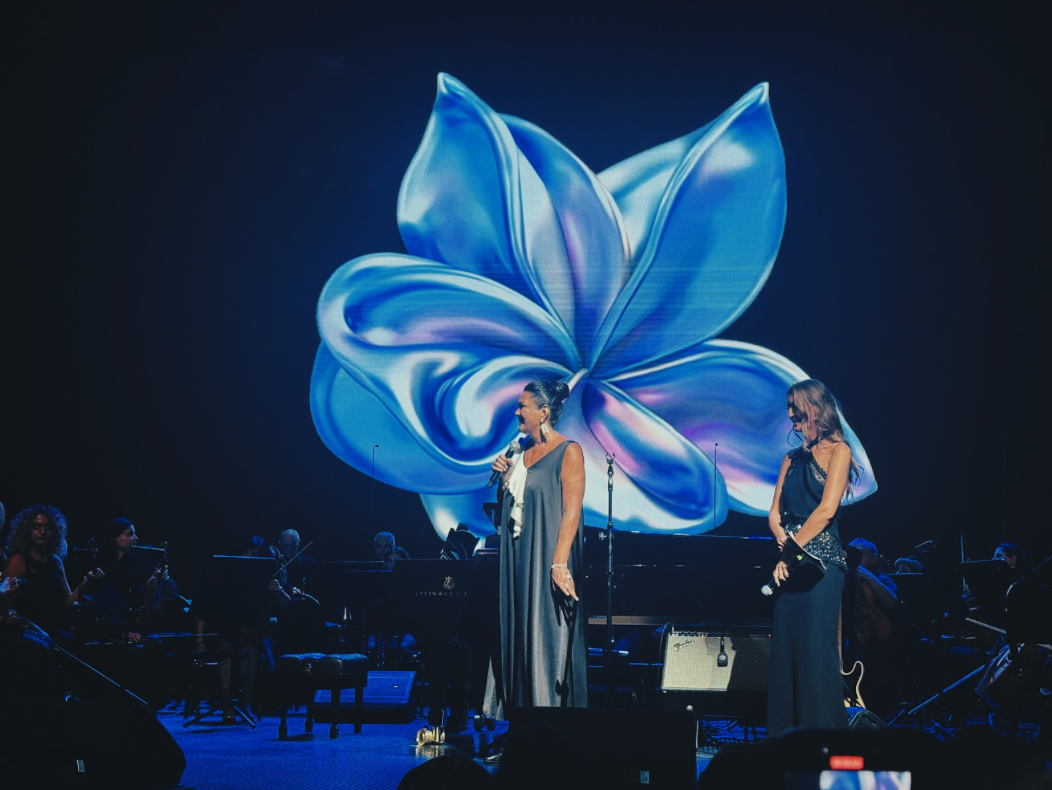
The final touch was the appearance of Nani Bregvadze, the grande dame of Georgian song, whose presence served as a reminder that cultural memory in Georgia is inseparable from personal voice. Her song was not just a performance but an act of inheritance: an offering from one generation to the next, an assurance that even as new institutions emerge, the weight of memory endures.
And then came the finale, which refused the safe route of concluding with a dignified bow. Instead, part of the choir descended into the parterre, dissolving the boundary between performers and audience. Together, with an almost imperceptible inevitability, the hall rose to its feet as the first notes of “Tbiliso” swelled. What began as a performance became a communal ritual. Voices merged—choir, soloists, spectators—until the theatre resounded with a single choral body, the audience standing, applauding, singing. It was less a closing act than an enactment of the foundation’s own aspirations: art and society not as parallel lines but as a chorus in unison.
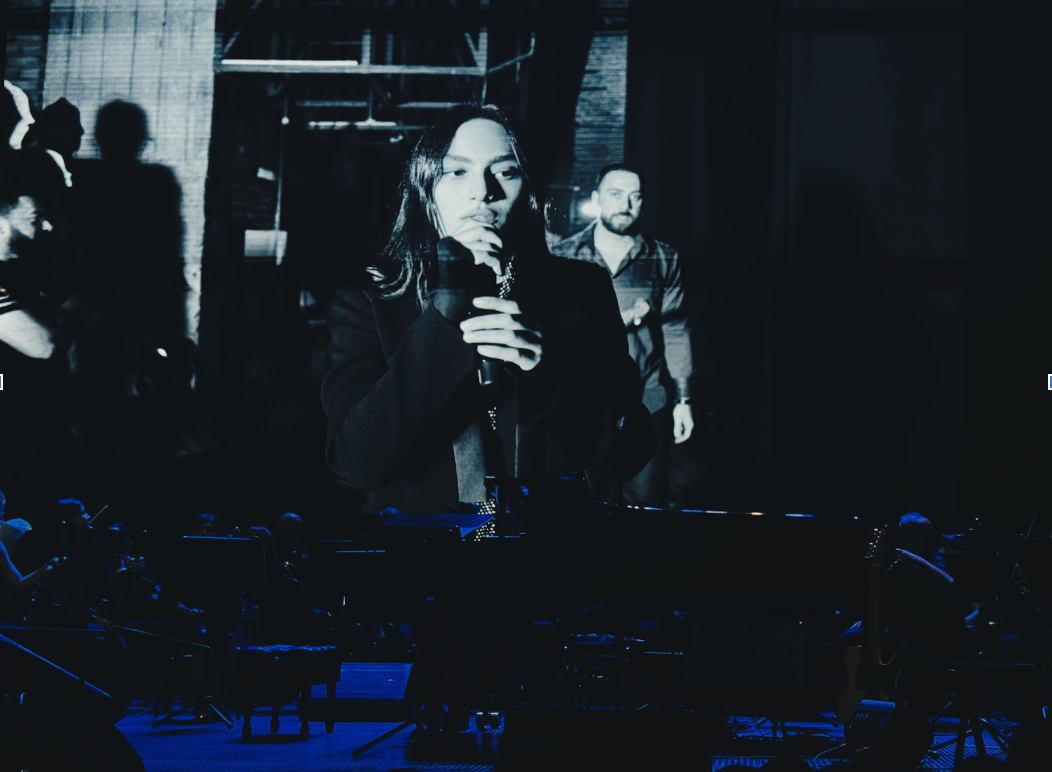
MESMA, as director Nini Japaridze explained, intends to support creative capacities and offer scholarships to young artists, grounding its work in European standards while remaining attentive to local traditions. Yet the launch itself suggested something more ambitious: that culture in Georgia is not only to be nurtured but dramatized, staged, lived through collective acts. The evening at the Opera was thus both announcement and allegory—an institutional presentation refracted through the language of theatre.
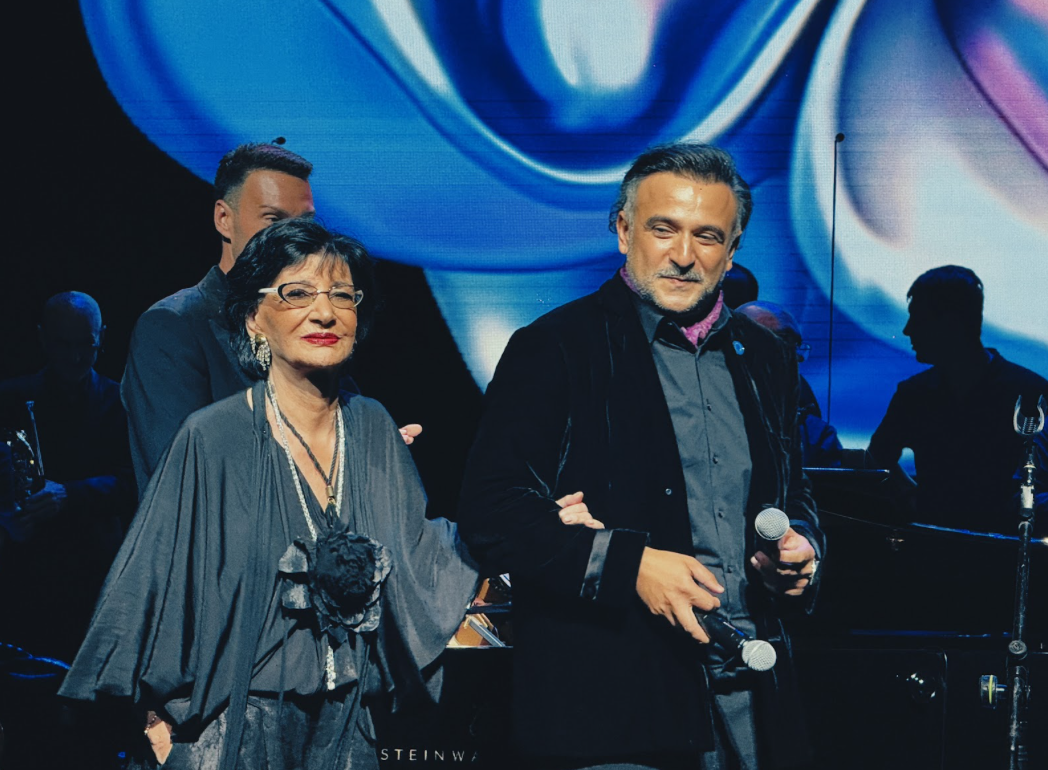
It is rare for a cultural event to succeed simultaneously as ceremony, performance, and civic gesture. On September 8th, Tbilisi witnessed such a synthesis. The Opera’s gilded balconies and marble staircases became the frame for a scene that might have been written by a dramatist rather than an administrator: the past looking at the present, the city watching itself sing. MESMA begins its journey not in the dry corridors of bureaucracy but on the stage, with the echo of “Tbiliso” still lingering in the rafters, a reminder that the future of Georgian culture will be measured not just by policies and budgets but by how convincingly it can turn spectators into participants.
By Ivan Nechaev


